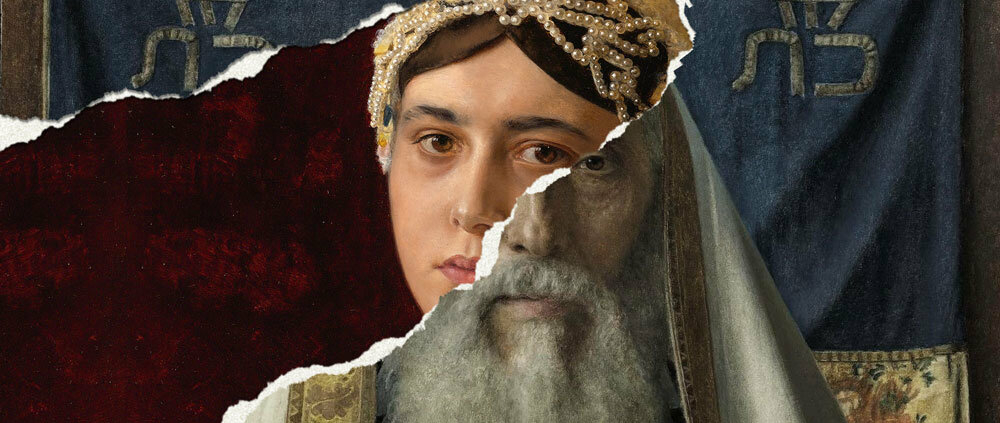Succession
Season two of Succession on HBO, pitted four scions of a billionaire against one another. Three of the siblings are vying for their father’s anointment as the successor CEO; the siblings alternatively create alliances and undermine each other. One sibling seems not to care at all about succession. One might think such coarse drama is outside the four corners of Torah; that is until you reach parshat Toldot.
Isaac’s favorite to succeed his patriarchal role is Esau. Rebekah’s meddling upends the family dynamic. Ultimately, the tensions destroy the relationship between Esau and Jacob. At first glace, the tension among children seems wrong, unless we believe that it serves a greater purpose. Or perhaps there was a way to enable and encourage both Esau and Jacob?
Isaac has a favorite son in Esau. Rebekah favors Jacob. Neither son is perfect. Esau is uncultivated. Jacob is insolent. While Isaac’s vision dims, Rebekah has insight. She understands that Jacob is the son to set the direction of the family’s future. Setting aside tradition and filial loyalties, Rebekah engineers Jacob receiving the blessing due to the first born Esau. Upon discovery of the treachery, Esau “comforts” himself by plotting to kill Jacob after the death of Isaac.
This is a timeless story, reenacted in families for millennia to come. Esau’s leadership track is derailed in favor of Jacob. But there is a hitch. To protect his life, Jacob is sent off to Haran. With Rebekah’s vision and Isaac’s instruction, Jacob will find a mate (or two) among the extended family. The Jewish future depends upon it.
Rebekah planned for a Jewish future utterly beyond her comprehension. There was no Torah, no Jewish law, and no rules of Jewish ritual . . . not yet. But she understood that the choice of leader was critical to the enterprise. She believed that the temperament and intellect of Jacob was more suited to the role.
Do we need to make daring choices to shape a Jewish future that we cannot yet envision or comprehend? The leadership options today are far more expansive. Thank God at last women have undertaken professional roles in progressive and even open Orthodoxy. Many rabbis are shifting career focus so as to be spiritual leaders in political and social organizations. New organizations are supporting unstructured and open Jewish spaces empowering lay individuals to engage in a values oriented and deeply personal religious experience.
From among our Jewish choices, we need not play favorites. We must support and defend the ever-growing variety of Judaisms and expressions of Judaism. In one such dynamic, our tribe has moved from shtetl to cities to suburbs, and then from suburbs back to gentrified neighborhoods. Pockets of Jewish life are reemerging in previously abandoned neighborhoods of South Philly, Brooklyn, and Shaw in DC. Jewish community life is being reimagined around dining room tables and in beer halls.
Those of us still in the suburbs may be willing to admit to displeasure with the current Jewish smorgasbord. That is the testimony of declining membership numbers and non-profit financial struggles. The challenge is to engage adults in meaningful Jewish experiences; disconnection is NOT OK Boomer.
Little changes in may be highly significant. Can we create our own rituals? Are we willing to see the Godliness in every other person we meet? Can we create the Jewish future we dreamt about?
At the Jewish Studio’s upcoming Shabbat experience, December 6 – 7, we will present innovative spiritual activists from across the Jewish spectrum. We will not ask them to compete for dominance but rather connection in affective ways. Their Torah(s) incorporates human rights and the divine feminine, the Jewish imagination and the lure of belonging. Through the shared Shabbat experience, we hope to glimpse the Judaism that will be. Together we can renew Rebekah’s faith in the Jewish future, encouraging the next Judaism to emerge.
Rabbi Evan J. Krame






 Evan J. Krame was ordained as a rabbi by the
Evan J. Krame was ordained as a rabbi by the